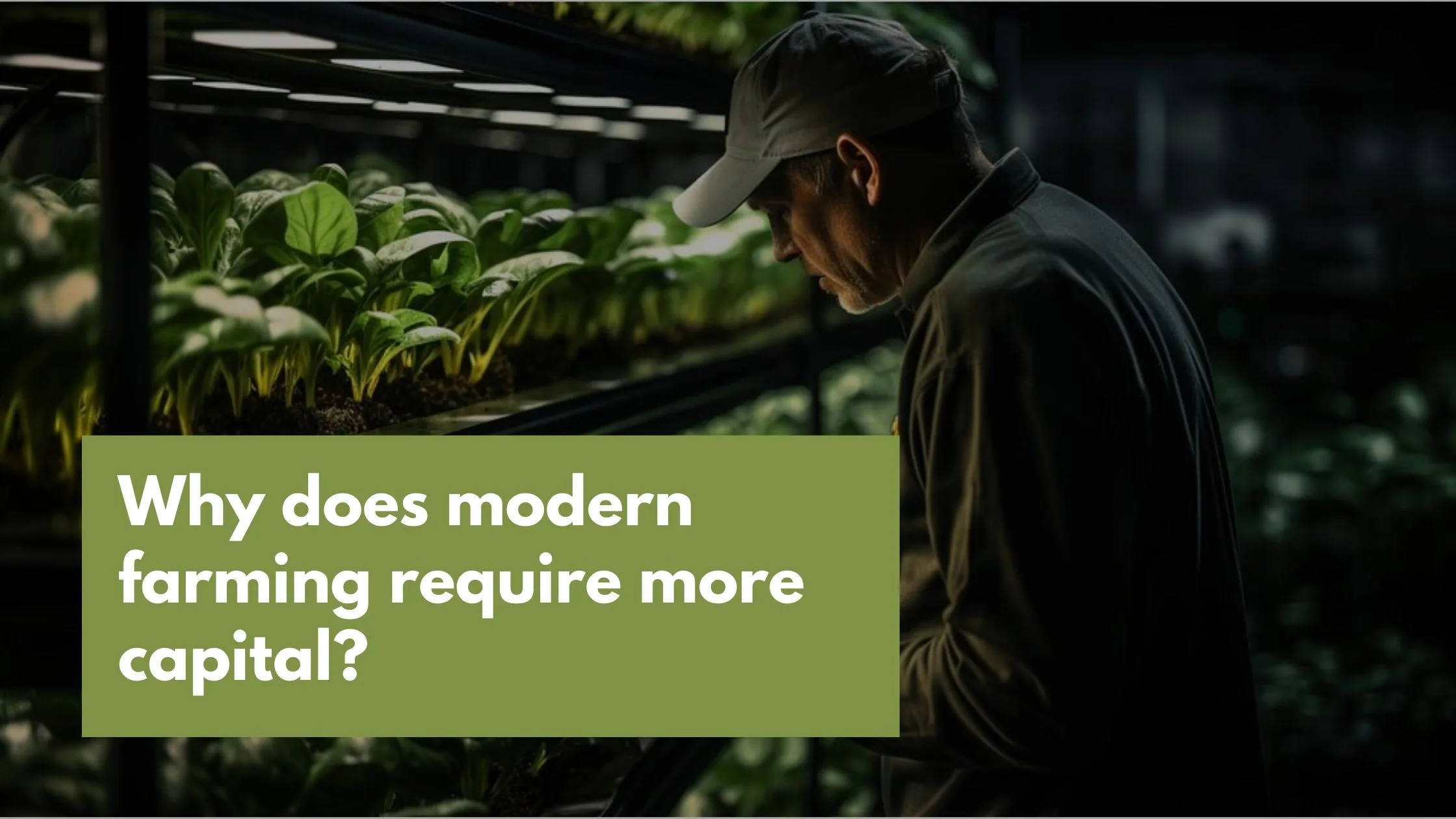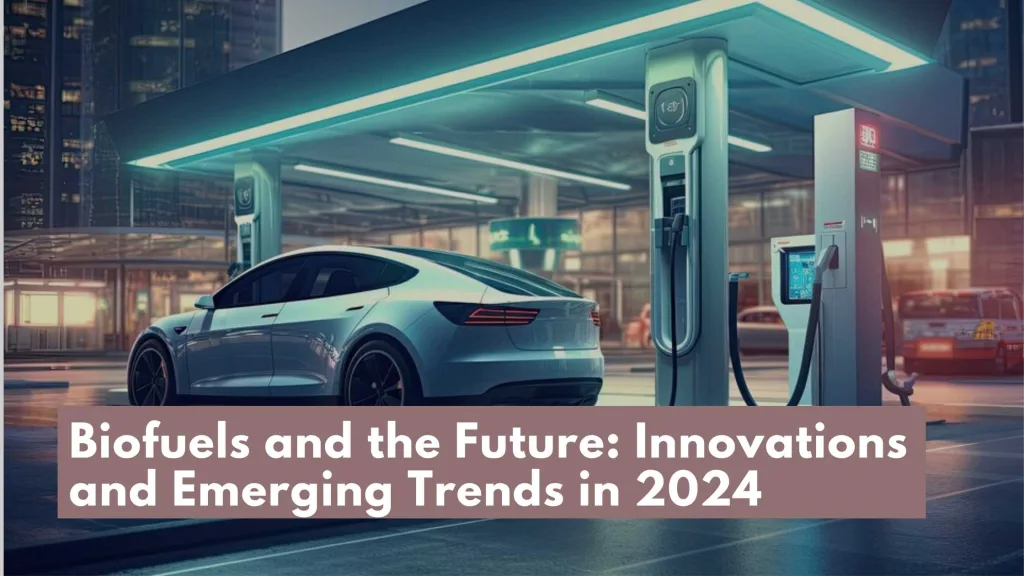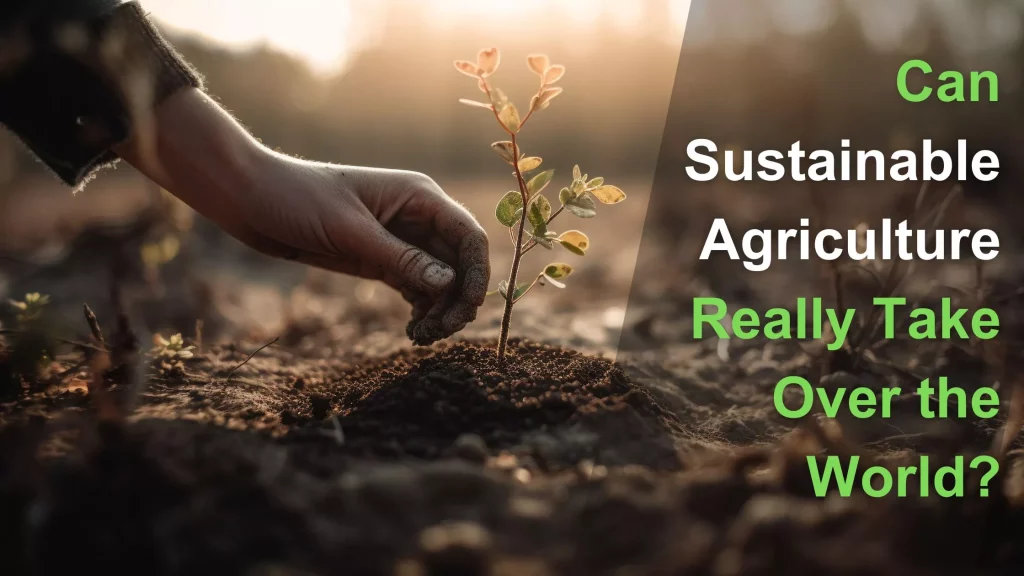What is Modern Farming
The application of new technologies, tools, and practices to boost agricultural production and efficiency is called modern farming. Modern agricultural methods enable yields, eliminate waste, and improve crop and livestock quality.
Precision agriculture is a modern farming technology that employs data and sensors to optimize crop development and output. This includes monitoring soil moisture, nitrogen levels, and weather conditions to ensure crops are cultivated as efficiently and effectively as feasible.
Modern farming also includes the use of genetically modified crops, which are engineered to withstand pests and diseases while increasing yields.
Another feature of modern farming is using technology, such as robots and drones, to do activities like planting, harvesting, and crop monitoring. Automation lowers labour costs and boosts efficiency, enabling farmers to produce more food with fewer resources.
Modern farming is concerned with employing science and technology to optimize agricultural productivity, eliminate waste, and improve the sustainability of farming practices.
Inputs Used in Modern Farming
Modern farming uses various inputs to optimize agricultural production and efficiency. Some of the critical information used in contemporary agriculture include:
- Fertilizers: Modern farming often relies on synthetic fertilizers to provide crops with the nutrients they need to grow. These fertilizers contain nitrogen, phosphorus, potassium, and other micronutrients.
- Pesticides and Herbicides: Modern farming relies on chemical pesticides and herbicides to protect crops from pests and weeds. These chemicals help farmers control pests and weeds, which can reduce crop yields and quality.
- Genetically Modified Organisms (GMOs): GMOs are plants and animals genetically engineered to improve their characteristics, such as disease resistance, yield, and nutrition. GMOs are used to enhance the productivity and sustainability of crops and livestock.
- Machinery: Modern farming uses machinery to plant, harvest, and process crops. This machinery includes tractors, combines, irrigation systems, and other equipment that helps farmers work more efficiently. Precision Agriculture Technology: Precision agriculture technology includes sensors, drones, and other tools that help farmers monitor and manage their crops more effectively. These technologies allow farmers to optimize irrigation, fertilizer application, and other aspects of crop management.
Overall, modern farming uses a wide range of inputs to optimize agricultural production, reduce waste, and improve the sustainability of farming practices.
Why do farmers require capital?
Farmers require capital for several reasons:
- Upfront costs: Farming requires significant upfront investment in land, equipment, seeds, and other inputs. Farmers need capital to purchase or lease land, buy or rent equipment, and acquire seeds and additional information to run their operations.
- Operating costs: Once a farm is established, farmers need capital to cover ongoing operating expenses such as labour, fuel, fertilizer, and other inputs. These costs can be significant and must be paid before the farm produces any income.
- Expansion and growth: Many farmers seek to expand their operations and businesses. This often requires significant investment in new land, equipment, and infrastructure.
- Risk management: Farming has many risks, such as weather, pests, and diseases. Farmers need capital to manage these risks by purchasing insurance, investing in pest and disease control measures, and diversifying their crops.
- Compliance: Farmers are subject to various regulations, such as environmental regulations, labour laws, and food safety standards. Compliance with these regulations can be expensive and requires capital investment in new equipment or processes to meet the criteria.
In summary, farmers require capital to cover upfront costs, operating costs, expansion and growth, risk management, and compliance with regulations. Money is essential for farmers to establish and grow their operations, manage risk, and remain competitive in the agricultural sector.
Why do modern farming methods require more capital?
Modern farming methods require more capital because they involve advanced technologies, tools, and techniques to optimize agricultural production and efficiency. Some of the reasons why modern farming methods need more money include:
- Investment in technology: Modern farming methods rely on advanced technologies such as GPS-guided tractors, drones, precision irrigation systems, and other tools that require significant upfront investment. These technologies help farmers increase efficiency, reduce waste, and improve crop yields, but they also come with a higher price tag.
- Specialization: Modern farming often involves discipline in a particular crop or livestock. This requires specific equipment, infrastructure, and expertise, which can be expensive to acquire and maintain.
- Scaling up: As the world’s population grows, the demand for food increases. Farmers must produce more food to meet this demand, which often requires scaling up their operations. Scaling up involves expanding the size of the farm, investing in more equipment and labour, and improving infrastructure, all of which require more capital.
- Regulatory compliance: In many countries, modern farming practices are subject to strict regulations, including environmental regulations, labour laws, and food safety standards. Compliance with these regulations can be expensive, as it may require investing in new equipment or implementing new processes to meet the criteria.
Modern farming methods require more capital because they involve advanced technologies, specialization, scaling up, and regulatory compliance, all of which come with a higher price tag.
Capital Incurred in Modern Farming –
The capital incurred in modern farming can vary depending on the size and type of farm, the location, and the specific technologies and practices used. However, some of the ordinary capital expenditures involved in modern farming include:
- Land and equipment: Modern farming often requires significant land, equipment, and infrastructure investment. This includes purchasing or leasing land, tractors, combines, irrigation systems, and other machinery and equipment needed to optimize crop yields.
- Input costs: Modern farming relies on various inputs, including fertilizers, pesticides, herbicides, and genetically modified seeds. These inputs come with a price tag and can be a significant expense for farmers.
- Labour: Modern farming often requires skilled labour to operate advanced technologies and manage complex operations. Skilled labour can be expensive and may require ongoing training and development.
- Technology and data analytics: Modern farming uses advanced technologies such as sensors, drones, and data analytics tools to optimize crop yields and reduce waste. These technologies can be expensive to implement and require ongoing maintenance and support.
- Compliance and certifications: Modern farming practices are subject to various environmental regulations, labour laws, and food safety standards. Compliance with these regulations can be expensive and require investment in new equipment or processes to meet the criteria. Additionally, some farms may choose to obtain certifications such as organic or fair trade, which can also involve additional costs.
Overall, the capital incurred in modern farming can be significant, and farmers must carefully manage their investments to ensure a return on their investment while maintaining sustainable and ethical practices.
Conclusion
In conclusion, modern farming methods have significantly changed the agricultural sector, adopting advanced technologies, tools, and techniques to optimize farm production and efficiency. While these methods have helped to increase yields and reduce waste, they also require significant capital investment in land, equipment, input costs, labour, technology, compliance, and certifications.
As the demand for food continues to grow, farmers must continue to invest in modern farming practices to remain competitive and ensure the sustainable production of food for future generations. However, it is essential to balance the benefits of modern farming with the environmental, social, and ethical impacts and to ensure that farming practices are sustainable and responsible in the long term.




Excellent information was provided. I truly liked reading this piece, and I’m grateful to the author for providing it. Thank you for sharing this blog post. Once again, thanks. Nice.
I’m so glad you found the information valuable! Your positive feedback is truly appreciated. If there’s anything specific you’d like to see covered or if you have questions, feel free to let me know. Thanks for taking the time to share your thoughts, and happy exploring!